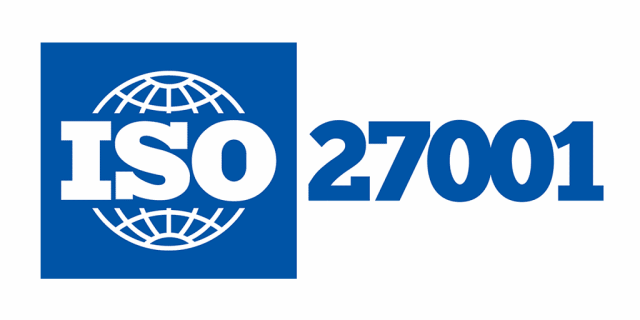
What is the ISO 27001 Standard and why is it important?
ISO 27001 is an international standard that provides a framework for establishing, implementing, maintaining, and continually improving an information security management system (ISMS). It is part of the ISO/IEC 27000 family of standards, which focuses on information security management systems.
The ISO 27001 standard sets out the criteria for establishing an effective ISMS, which is a systematic approach to managing sensitive information to ensure its confidentiality, integrity, and availability. It helps organizations identify and manage risks to information security, ensuring that appropriate controls are in place to protect sensitive data.
Here are some key reasons why ISO 27001 is important:
–Enhanced Information Security: ISO 27001 helps organizations establish a robust information security management system, enabling them to identify, assess, and address potential risks to their sensitive information. By implementing the standard’s requirements, organizations can improve their overall information security posture.
–Legal and Regulatory Compliance: Compliance with various legal, regulatory, and contractual requirements related to information security is a significant challenge for organizations. ISO 27001 provides a framework that helps organizations meet these requirements and demonstrate their commitment to information security to stakeholders.
–Risk Management: ISO 27001 emphasizes the identification and management of information security risks. By conducting risk assessments and implementing appropriate controls, organizations can mitigate the potential impact of security incidents, reduce vulnerabilities, and safeguard their critical assets.
–Customer Trust and Confidence: Demonstrating compliance with ISO 27001 can enhance an organization’s reputation and instill trust and confidence among customers, partners, and stakeholders. It provides assurance that an organization takes information security seriously and has implemented appropriate measures to protect sensitive data.
–Business Opportunities: Many organizations now require their suppliers and business partners to comply with ISO 27001 or demonstrate a strong information security posture. Achieving ISO 27001 certification can open up new business opportunities by meeting these requirements and setting organizations apart from their competitors.
–Continuous Improvement: ISO 27001 follows a plan-do-check-act (PDCA) cycle, which promotes a culture of continual improvement. Organizations regularly review and update their information security controls, ensuring that they adapt to evolving threats and maintain the effectiveness of their ISMS.
Overall, ISO 27001 is important as it provides a comprehensive framework for managing information security risks, ensuring legal and regulatory compliance, building customer trust, and driving continuous improvement in an organization’s information security practices.

How could ISO 27001 Integrate Into a Businesses Security Framework?
ISO 27001 provides a systematic approach for managing sensitive information within an organization to ensure its confidentiality, integrity, and availability. Integrating ISO 27001 into a business’s security framework involves several steps:
Assess Current Security Framework: Begin by assessing your existing security framework, including policies, procedures, controls, and risk management practices. Identify any gaps or areas that need improvement.
Establish Objectives: Define your security objectives and goals. These should align with the overall business objectives and address the specific risks and requirements of your organization.
Conduct a Risk Assessment: Perform a comprehensive risk assessment to identify potential threats, vulnerabilities, and the impact they may have on your business. This assessment will help prioritize security controls and measures.
Develop Policies and Procedures: Create or update information security policies and procedures that align with ISO 27001 requirements. These policies should cover areas such as access control, incident management, asset management, and employee responsibilities.
Implement Controls: Implement the necessary security controls to mitigate identified risks and protect sensitive information. ISO 27001 provides a list of controls in Annex A that can be tailored to your organization’s needs. Examples include access controls, encryption, monitoring systems, and staff awareness programs.
Establish Documentation: Develop the required documentation, including a statement of applicability, risk treatment plan, and an information security management system (ISMS) manual. These documents outline the scope, objectives, and implementation details of your ISMS.
Train Employees: Provide training and awareness programs to educate employees about information security policies, procedures, and their roles in maintaining a secure environment. Foster a culture of security within the organization.
Conduct Internal Audits: Regularly perform internal audits to assess the effectiveness of your security controls and ensure compliance with ISO 27001 requirements. Identify areas for improvement and take corrective actions as needed.
Seek Certification: Consider obtaining ISO 27001 certification from an accredited certification body. This involves a formal assessment process to verify your compliance with the standard. Certification can enhance your organization’s credibility and demonstrate your commitment to information security.
Continual Improvement: Information security is an ongoing process. Continuously monitor and review your security framework, address emerging threats, and adapt your controls as needed. Regularly conduct management reviews to evaluate the effectiveness of your ISMS and identify areas for improvement.




